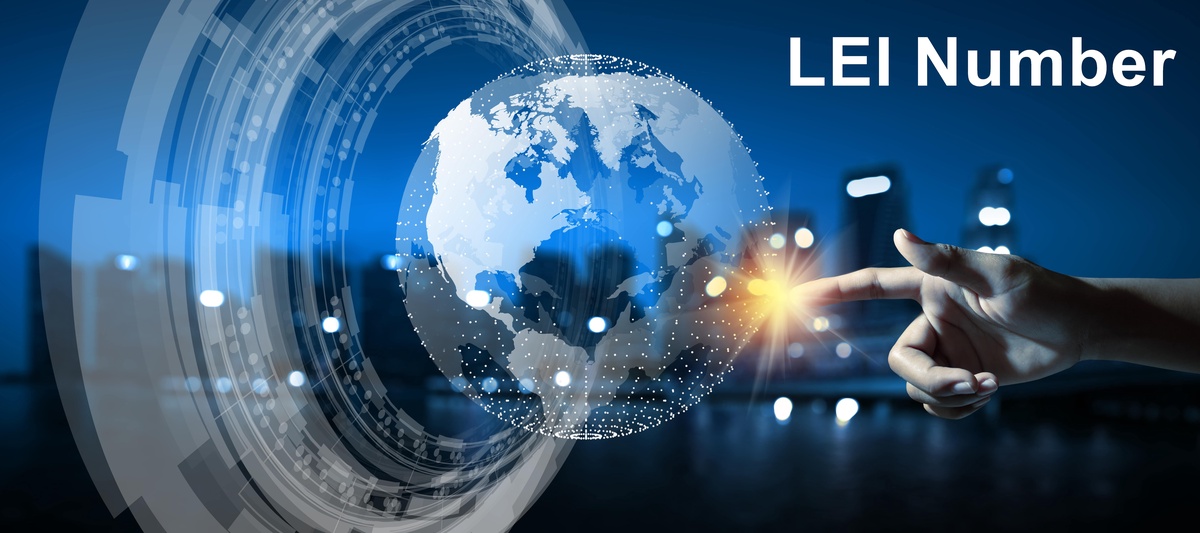The idea of identity is always changing in a world where supply chains are getting shorter and people are more connected online. Is the long-standing issue of MSME (micro, small, and medium enterprises) access to trade finance going to be solved by digital identity?
Identity: What Is It?
Identity comes from the Latin term Idem, which means "The same," and is defined by the Oxford English Dictionary as "the fact of being who or what a person or thing is." Its origins date back to the 16th century. But in the financial industry, identifying a person is essential for risk and fraud protection, as seen by the substantial work that goes into KYC/CDD (Know Your Customer) / (Customer Due Diligence).
The Digital identification Guidelines of the Financial Action Task Force (FATF) state that identification is a multifaceted and intricate problem. It is best to keep the notion of financial services limited to the official identity and avoid combining it with more general ideas of social and personal identity.
Identification Taxonomy
A person's identity
While an ID (Identification Document), which is a physical document that most countries issue and includes passports, driver's licenses, and other official government documents, is identical with the concept of identity for an individual. In the annals of history, King Henry V of England introduced the first iteration of the passport in 1414, and it has remained an essential document for identifying a person abroad ever since. That stayed that way for the following five centuries, and it wasn't until the internet became widely available in the late 1980s that these paper IDs began to be digitalized and replaced with fully digital ones.
Even if switching from paper to digital identification does contribute to certain marginal efficiency, the switch to digital IDs represents a massive advancement. Developed countries had the benefit of digitizing their records, but digital IDs helped emerging markets catch up.
The Corporate Identity
Establishing a corporation's identity is crucial, much like the idea of an individual's identity. The Global Legal Entity Identifier Foundation (GLEIF)-accredited LEI, or Legal Entity Identifier, is the most widely used identity.
The G20 created the LEI system in response to the 2008 financial crisis, giving financial firms the capacity to track their financial operations across jurisdictions and uniquely identify organizations. The ISO17442 standard provides the basis for the 20-character alphanumeric LEI code, which aids in addressing the issues of "who is who" and "who owns whom."
Digital Identity: What Is It?
The FATF Guidance on Digital ID defines Digital ID as using technology to verify and validate identity. The fact that not every component of a digital ID system is digital is further explained by this description. Certain components of identity verification and enrollment can be digital, physical, or a combination of both; nevertheless, digital parts are required for binding, credentialing, authentication, and portability/federation (where applicable).
Digital identity requirements for trade finance
Having no identity is a major barrier to using financial services. This is particularly true in the context of trade finance, where the buyer and seller are located in separate nations and depend on local financial institutions to meet their working capital needs. Banks may need to concentrate on Anti-money Laundering (AML) and Combating the Financing of Terrorism (CTF) in addition to the KYC/CDD-related regulations, as non-compliance can result in significant fines and damage to their reputation. Digital IDs can greatly shorten the time it takes a bank to finish the KYC procedure.
Gap In Financing For MSMES
There is a $3.4 trillion funding shortfall for international trade today. The disruption caused by the pandemic to the world economy has caused this statistic to soar. MSMEs experience a nearly 45% rejection rate for trade financing, which exacerbates this disparity. Large players control the majority of international trade, with only 10% coming from businesses with 0–9 employees, according to many publications from the WTO and ICC. The formal MSMEs' financing shortfall is $5.2 trillion, or over 19% of the developing economies' GDP, according to a different study conducted by the research arm of the IFC and World Bank.
The high expense of performing KYC in the lack of a uniquely identified source for their identity is one of the main obstacles MSMEs face when trying to get trade finance from banks. According to the ADB Trade Finance Gap Survey, nearly one in five MSME applicants had their KYC/AML denied by banks. In emerging nations, this issue is more prevalent, although radical solutions like digital identity networks can close the gap.
LEI's Advantages For SMES In India
There is still more work to be done, even though India has made enormous strides toward promoting broader financial inclusion through the "JAM trinity"—Jan Dhan bank accounts for the unbanked, Aadhar Identity Numbers, and Mobile Numbers.
In Summary
The commerce environment is evolving due to digital identity. Digital identities are here to stay, whether they take the shape of the LEI or other digital identifying networks. This would improve the efficiency of banking operations and compliance processes, bridging the trade finance gap and giving underrepresented MSMEs in emerging markets easier access to financing. With the potential to unlock economic value equivalent to 3–13% of GDP by 2030, the burgeoning Fintech sector and government programs like ID4D will accelerate the development and merger of numerous ecosystems towards larger ones over the next few years.


No comments yet